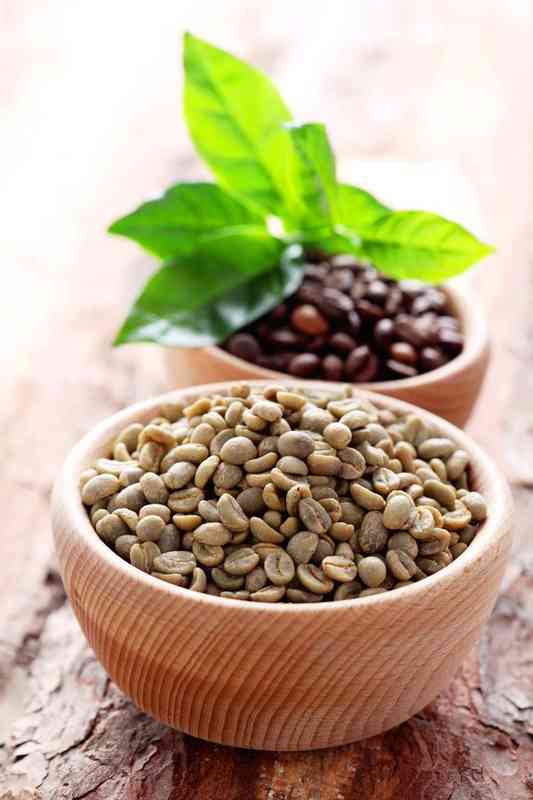The Best Weight-Loss Plan for an Underactive Thyroid

The thyroid is a butterfly-shaped gland that wraps around the trachea at the front of the throat. Although small in size, its role in the human body is enormous. The thyroid secretes hormones that control the rate of metabolism or energy utilization in every cell in the body. A number of factors, including disease and medications, can impair thyroid function. A common symptom of an underactive thyroid -- or hypothyroidism -- is weight gain. There is no quick fix to help you slim down, but medication and a healthy diet may help.
 Kebab of vegetables and meat, along with a side of vegetables and green olives. (Image: gbh007/iStock/Getty Images)
Kebab of vegetables and meat, along with a side of vegetables and green olives. (Image: gbh007/iStock/Getty Images)A Little Weight Loss Help
Once your physician has diagnosed an underactive thyroid, the next line of treatment in most cases is a thyroid hormone regimen. Individuals with hypothyroidism usually have to take hormones to keep the thyroid functioning normally. Once your hormones have regulated, weight loss should be significantly easier.
What Works
When you're undergoing treatment for hypothyroidism, the best weight loss plan is simply a healthy, well-balanced diet and regular exercise. The National Endocrine and Metabolic Diseases Information Service recommends a nutrient-dense diet without too much iodine. You may need to avoid iodine-fortified foods, such as salt, bread and milk. Be aware that soy products can impair thyroid function and reduce the effectiveness of your medication. Discuss all dietary concerns with your physician before making changes to your diet.
Getting Started
To lose a healthy 1 to 2 pounds per week, the Centers for Disease Control and Prevention recommends reducing your calorie intake by 500 to 1,000 calories per day. Focus on a diet rich in whole-grains, lean protein, fruits, vegetables and low-fat dairy, and limit your intake of sugar, salt and fat. Adopt healthier habits, such as eating slowly and only when you are hungry. Learn to cope with negative feelings and depression -- another side effect of hypothyroidism -- through exercise or therapy.
Plate Strategies
One of the simplest plans to follow for healthy eating is the MyPlate graphic designed by the U.S. Department of Agriculture. Before you serve yourself a meal, mentally divide your plate into quarters. Fill one quarter with a lean, non-soy protein, one quarter with whole-grains, and the remaining half with fruits and vegetables. Eat a serving of low-fat dairy, too.
Skip the Seaweed
Because iodine is the fuel for a healthy thyroid, it would seem that a high-iodine diet or iodine supplementation might help with the symptoms of hypothyroidism, including weight gain. However, NYU Langone Medical Center explains that iodine-rich foods such as seaweed may be helpful when an underactive thyroid is caused by an iodine deficiency, but such deficiencies are rare in developing countries. In fact, too much iodine can cause hypothyroidism.




